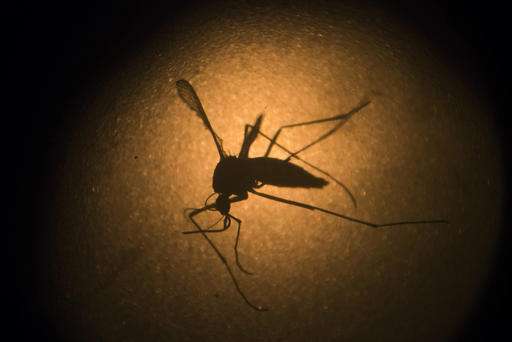Brazil scientists: Culex mosquito not transmitting Zika

Brazilian researchers say they have concluded that the common Culex mosquito is not transmitting Zika, the rapidly spreading virus that has been linked to severe birth defects.
Rio de Janeiro's Fiocruz institute reported Tuesday that the Culex quinquefasciatus mosquito has not played a role in the Zika epidemic that has hit Brazil over the last year.
For the study, researchers gathered fed several hundred mosquitoes from four areas in Rio Zika-infected blood. Only two showed an early infection 14 days later, and the virus was not detected on their heads or in their saliva.
Culex is 20 times more common than the Aedes aegypti mosquito, the main spreader of Zika. The Aedes also transmits dengue fever and chikungunya.
Previous studies have suggested Culex may not be effective at spreading Zika.
© 2016 The Associated Press. All rights reserved.















